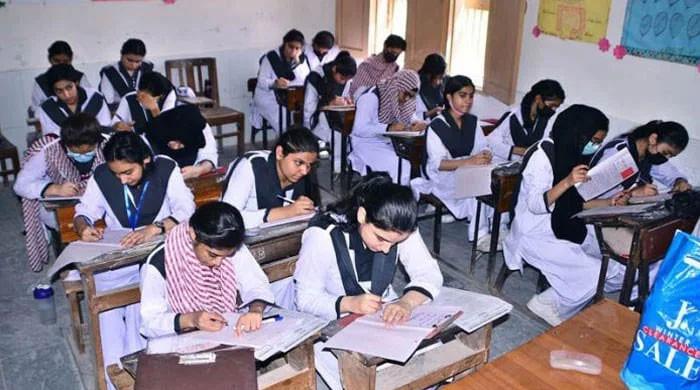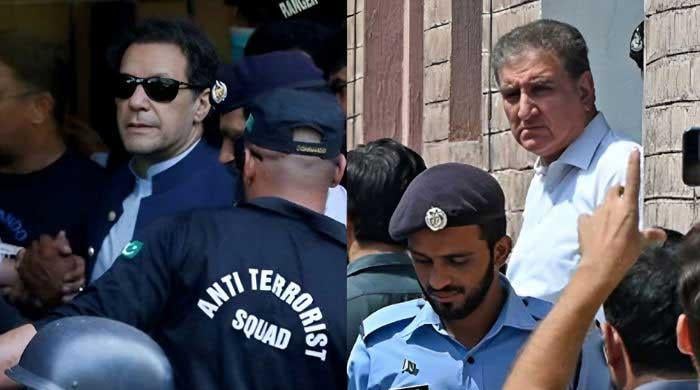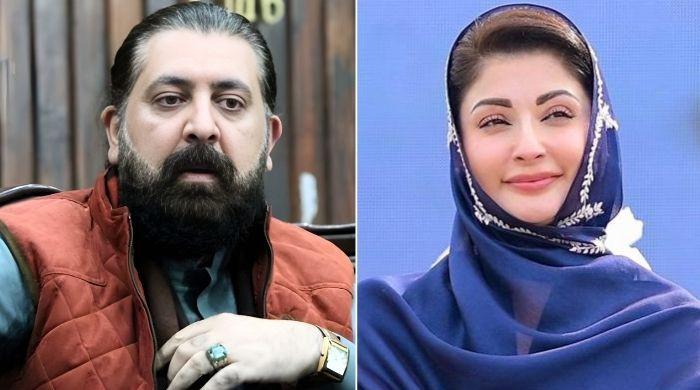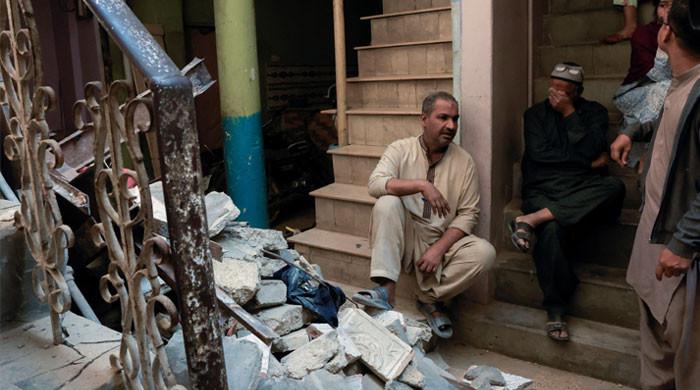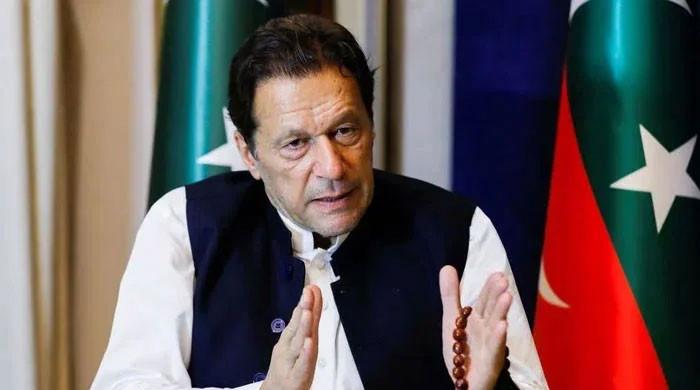Pakistan-India ceasefire extended till May 18, confirms DPM Dar
Development came during hotline contact between Pakistan, India DGMOs on May 14: Dar
May 15, 2025

- DPM says top US diplomat told him India ready for ceasefire.
- Says Pakistan never requested ceasefire from anyone.
- All matters will be discussed at dialogue table, says DPM Dar.
Deputy Prime Minister (DPM) Ishaq Dar on Thursday confirmed that the US-brokered ceasefire between nuclear powers Pakistan and India had been extended until May 18.
Addressing the Senate, Dar, who also holds the foreign affairs portfolio, said that the development came during a hotline contact between the director general of military operations (DGMO) of the two sides on May 14.
After the US brokered a ceasefire between the nuclear-armed countries, Pakistan’s Director General Military Operations (DGMO) Major General Kashif Abdullah and his Indian counterpart Lt Gen Rajiv Ghai held the first round of talks via hotline on May 10.
“During the DGMOs’ conversation, the ceasefire was extended until May 12. When the DGMOs spoke again on May 12, the ceasefire was extended until May 14. Further talks on May 14 led to the ceasefire being extended until May 18,” the DPM told the upper house.
In a bid to clear the confusion surrounding the recent US-brokered ceasefire between arch-rival nuclear powers Pakistan and India, DPM Dar said that US Secretary of State Marco Rubio, on the evening of May 10, told him that New Delhi was ready for a ceasefire.
Addressing the Senate, Dar, who also holds the foreign affairs portfolio, said: “On May 10 at around 10:15am, I received a phone call from the US secretary of state, who informed me that India is ready to agree to a ceasefire.”
“At that time our phase-I operation was nearing completion,” the DPM said, adding that he told the top US diplomat that if New Delhi was ready to ceasefire then Pakistan was also ready to do so.
During the telephonic conversation, the minister said he made it clear that the war was not initiated by Islamabad. Dar further told the House that the top US diplomat told him that he would inform the Indian External Affairs Minister, S Jaishankar, about the development.
The latest escalation in the decades-old India-Pakistan rivalry began on May 7 when at least 31 civilians were martyred in unprovoked Indian strikes in different areas of Pakistan and Azad Jammu and Kashmir (AJK). In retaliation, Pakistan downed its five fighter jets, including three Rafale, and dozens of drones. During the four-day standoff, at least 11 troops and 40 civilians were martyred at the hands of India.
The Saturday's ceasefire, announced by US President Donald Trump came after Pakistan launched retaliatory action under ‘Operation Bunyan-um-Marsoos’ in response to India’s unprovoked missile and drone attacks on Pakistani civilians and military sites.
Using precision-guided long-range Fatah series missiles of the Pakistan Army, and precision munitions of PAF, the ISPR said 26 Indian military targets, as well as facilities that were used to target Pakistani citizens, and those enterprises that were responsible for fomenting terrorism in Pakistan, were hit.
Leaders of India and Pakistan were "unwavering", and the US "helped a lot", Trump said on Monday, adding that trade was a "big reason" why the countries stopped fighting.
"We are going to do a lot of trade with Pakistan...and India. We are negotiating with India right now. We are soon going to negotiate with Pakistan," he said.
Addressing the upper house of the parliament, DPM Dar stated he received telephone calls from world leaders, including the Saudi Minister of State for Foreign Affairs Adel al-Jubeir about the ceasefire.
He emphasised that Pakistan never requested a ceasefire from anyone.
The minister said that Pakistan wants peace in the region, but it will not accept any hegemonic designs or breach of its sovereignty.
Dar added that the armed forces have successfully countered India's hegemonic designs in the region. He said it is a great success for Pakistan that the international community did not buy India’s narrative. The foreign minister further said that, with the blessings of Allah Almighty, Pakistan has dispelled the myth of any “new norm.”
The DPM stressed that the Indus Waters Treaty is a non-negotiable matter for Pakistan, adding that India cannot unilaterally suspend the treaty.
“This matter will now move to negotiations,” he said, adding that the dialogues with India would be “composite”.
All the matters would be discussed at the dialogue table, he added.







